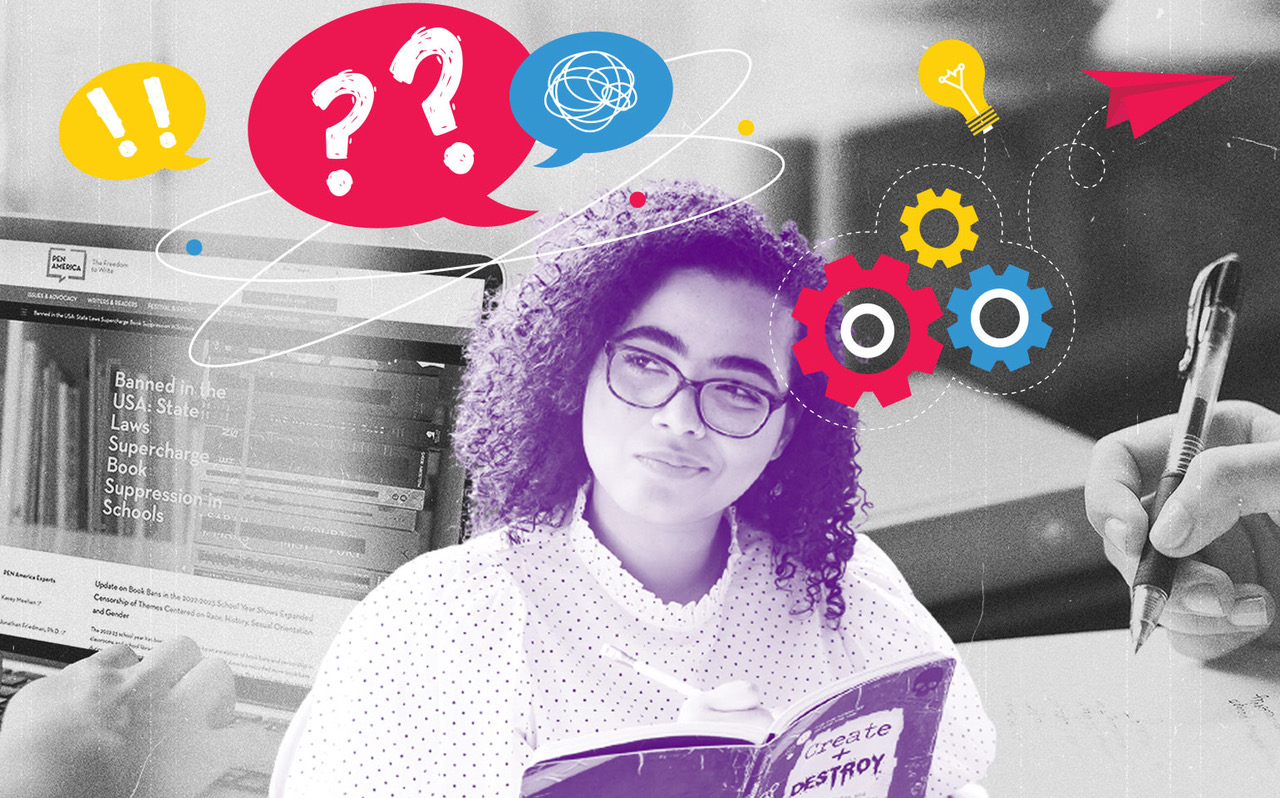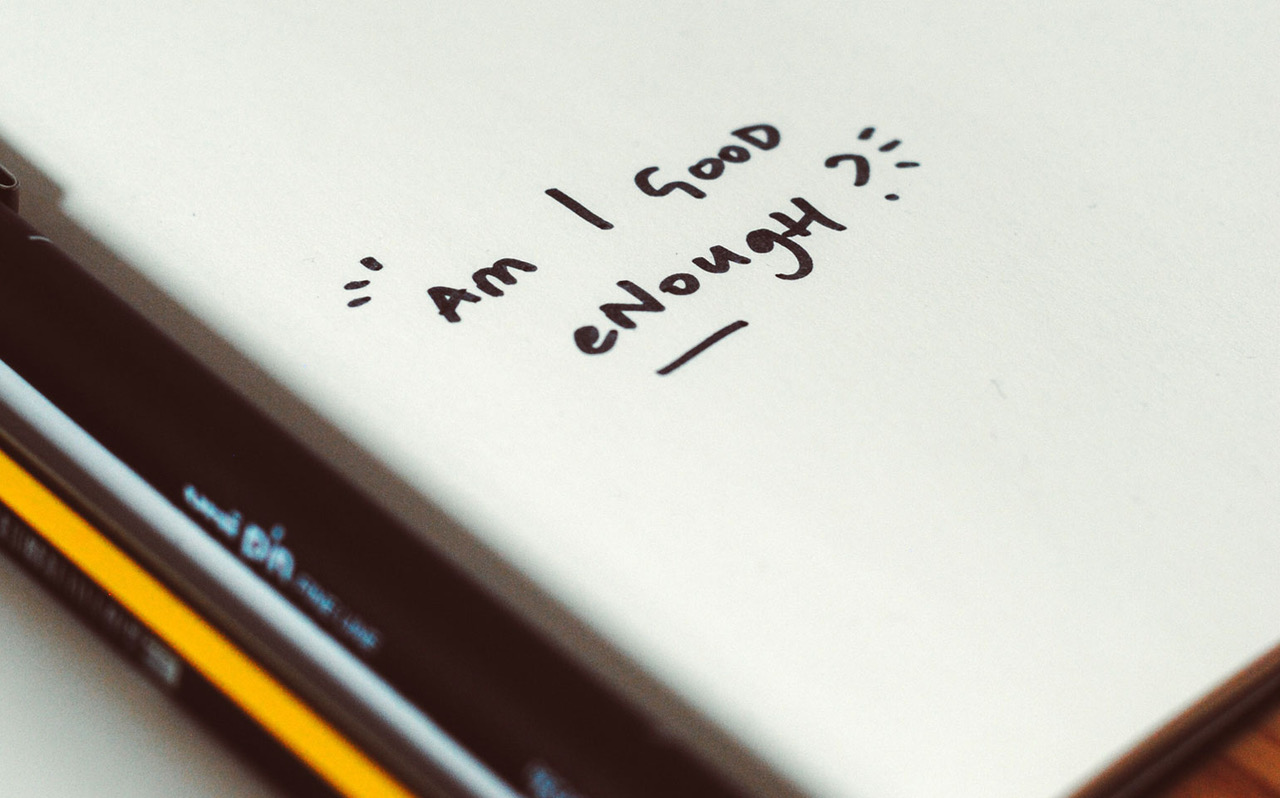
Becoming a Critical Thinker who Cares
Have you ever been skeptical about new information, arguments, ideas, or perspectives you’ve found online? If so, you are already on your way to becoming a critical thinker. But what is critical thinking? Critical thinking is defined by Oxford Languages as “the objective analysis and evaluation of an issue in order to form a judgment.” Becoming a critical thinker requires different skills and a positive attitude so that you can analyze information objectively and make informed decisions.
A critical thinker is someone who is curious and asks questions. The first rule of being a critical thinker is to question new ideas and information in order to make an informed decision.
As Albert Einstein once said, “the important thing is to never stop questioning.” Last August, while I was scrolling through social media, I came across a list of books banned in Florida’s elementary schools. I was surprised to see one of the titles on the list was To Kill a Mockingbird. I felt that the moral of the story was valuable and it really moved me to see such an important book being banned from classrooms in Florida. I did a lot of navigating on the web to understand why it had been banned and discover who had posted these lists. There were many articles from various sources stating that these lists were actually false and therefore answered the question about the false book list. A critical thinker is able to ask questions, to themselves or to others, and is not afraid to investigate to gather more information. The recipe for a good question is directness, simplicity, and the ability to make it easy to understand.
Rule number two of becoming a critical thinker is the ability to analyze and evaluate evidence and sources of information. Being able to evaluate evidence allows individuals to challenge misinformation in this fast-paced, digital world. During the COVID-19 pandemic, people relied more heavily on the internet to provide them with news from the outside world. Now society as a whole has become used to receiving information from the internet and it gives fake news an opportunity to circulate through social media. It is possible for anyone to fall for this online trickery because of the instantaneous sharing capabilities. However, as a critical thinker, it is always good to do research and piece together evidence in order to determine if it is true. I learned this after I was about to share this banned list to a friend who had also read To Kill a Mockingbird, but, instead of spreading the continued rumor, I decided to research whether or not it had truly been banned. In the end, I felt glad to have not been one of those to spread the rumor of the banned book list of Florida. As I learned in this scenario, gathering information before acting often leads to better decision making.
The third and last rule of critical thinking is to understand your own biases so that you can approach new ideas and information with an open mind. As a critical thinker, it is important to explore issues or problems from different angles. Considering different people’s perspectives can help you avoid your own biases. Everyone has different experiences that influence their perspective of the world, including their upbringing, as well as their cultural and ethnic background. Listen attentively and take the time to see other’s perspectives. This will allow you to see the whole picture and make a fair and inclusive assessment. I not only researched to check if the banned book list was legit, I read other comments below the list and asked a few good friends about the list of banned books and their perspectives.
As a critical thinker, one should do the same thing and strip away all their own thoughts and beliefs before coming to a conclusion.
Being a critical thinker takes practice along with honest self-reflections. Developing critical thinking skills is like an art of incorporating different skills and attitudes which is much like developing any other skill as hard as it may seem. To do this, you must ask good questions, collect and analyze information from reliable sources, and approach every situation—even if it conflicts with your biases—with an open mind. Encouraging others to practice the art of critical thinking requires practice, a positive attitude, and a shift in mindset. In this digital age, it is our responsibility to spend time to question assumptions, collect information from others, and consider multiple perspectives. That will allow us to make informed decisions independently and to collectively create a better world. It could be as simple as working on one skill at a time at your own pace and reflecting on your own observations, assumptions, biases, and thought processes. The next time you’re online and you stumble across something that doesn’t feel right or sparks curiosity, turn those gears in your head and try to think, “what would I do as a critical thinker?”



